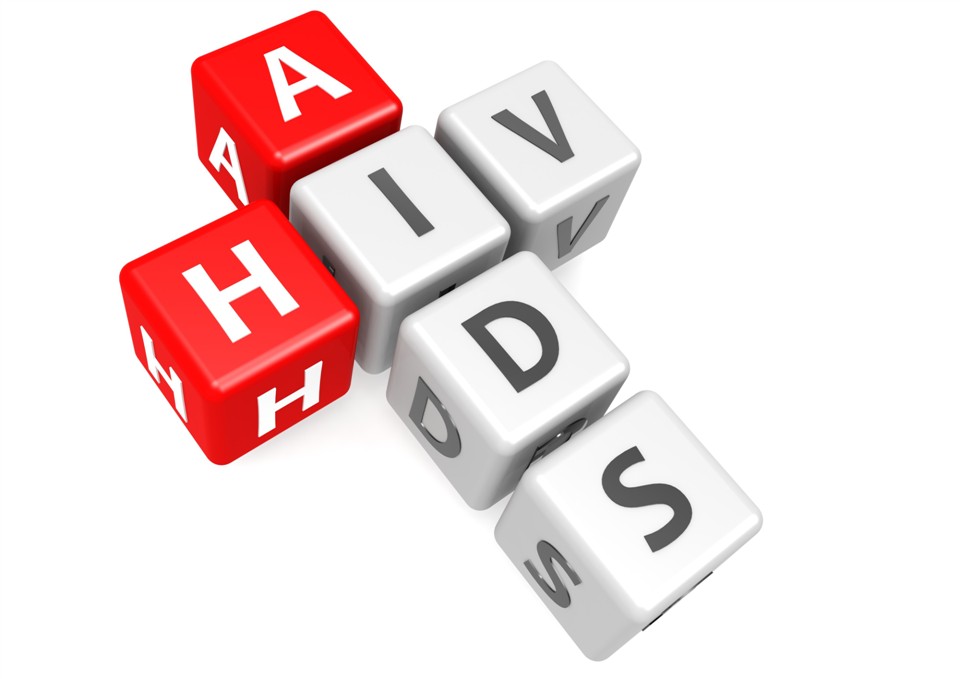
Lea esta hoja informativa en español
If you live with HIV and have one or more of these infections or conditions, you have a diagnosis of AIDS, no matter what your CD4 count is or how it changes in the future.
AIDS stands for Acquired Immune Deficiency Syndrome. AIDS is the most advanced stage of HIV. The US Centers for Disease Control and Prevention (CDC) defines a person as having AIDS if they are living with HIV and have a CD4 cell count of 200 or less. The CDC has also developed a list of opportunistic infections (OIs), cancers, and conditions that are considered AIDS-defining conditions (see below). If you live with HIV and have one or more of these infections or conditions, you have a diagnosis of AIDS, no matter what your CD4 count is or how it changes in the future. This does not necessarily mean you are sick or will get sick in the future. It is just the way the public health system counts the number of people who have had advanced HIV disease.
Click above to view or download this fact sheet as a PDF slide presentation
AIDS is also sometimes referred to as 'stage 3 HIV.' The CDC defines and uses 'stages' of HIV mainly to keep track of how far advanced HIV disease is in the US. It uses that information to plan for HIV prevention and care for all people affected, or potentially affected. Healthcare providers do not use these definitions to make decisions for individual patients. People living with HIV also should not feel that there is no hope if they have stage 3 HIV, or AIDS. People with an AIDS diagnosis can use HIV drugs to rebuild their immune system and live a long, healthy life. The World Health Organization (WHO) uses a similar staging system and set of definitions. The WHO refers to AIDS as severe HIV and calls severe HIV or AIDS 'stage 4.' However, it uses the same definition for AIDS as the CDC.
This list of AIDS-defining conditions comes from a government report and contains medical terms. If you have any questions, ask your healthcare provider or contact an educator at a local AIDS service organization (ASO). In the US, you can find an ASO by using POZ's Health Services Directory.
- Bacterial infections, multiple (several) or recurrent (repeated) (only for children less than 13 years old)
- Candidiasis (type of yeast infection) of bronchi, trachea, or lungs (respiratory system)
- Candidiasis, esophageal (throat)
- Cervical cancer, invasive (only among people 13 years old or older)
- Coccidioidomycosis (a type of fungal infection), disseminated (spread out) or extrapulmonary (outside the lungs)
- Cryptococcosis (a type of fungal infection), extrapulmonary
- Cryptosporidiosis (infection with a specific parasite), chronic intestinal (in the gut) (for longer than 1 month)
- Cytomegalovirus disease (other than liver, spleen, or nodes), beginning when older than one month
- Cytomegalovirus retinitis (with loss of eyesight)
- Encephalopathy (a type of brain disease), HIV-related
- Herpes simplex: chronic ulcers (lasting longer than 1 month); or bronchitis, pneumonitis, or esophagitis (inflammation of lungs or tube between throat and stomach), beginning when older than one month
- Histoplasmosis (a type of fungal infection), disseminated or extrapulmonary
- Isosporiasis (infection with a specific parasite), chronic intestinal (in the gut) (for longer than 1 month)
- Kaposi sarcoma (a type of cancer)
- Lymphoma (a type of cancer), Burkitt (or equivalent term)
- Lymphoma, immunoblastic (or equivalent term)
- Lymphoma, primary, of brain
- Mycobacterium avium complex (type of bacterial infection) or M. kansasii, disseminated or extrapulmonary
- Mycobacterium tuberculosis, of any site, pulmonary (in lungs) (excluding children aged 12 years or younger), disseminated, or extrapulmonary
- Mycobacterium, other species or unidentified species, disseminated or extrapulmonary
- Pneumocystis jirovecii pneumonia (PCP)
- Pneumonia, recurrent (only among people 13 years old or older)
- Progressive multifocal leukoencephalopathy (a type of brain disease)
- Salmonella septicemia (a type of bacterial infection), recurrent
- Toxoplasmosis of brain (infection with a specific parasite), beginning when older than one month
- Wasting syndrome due to HIV

